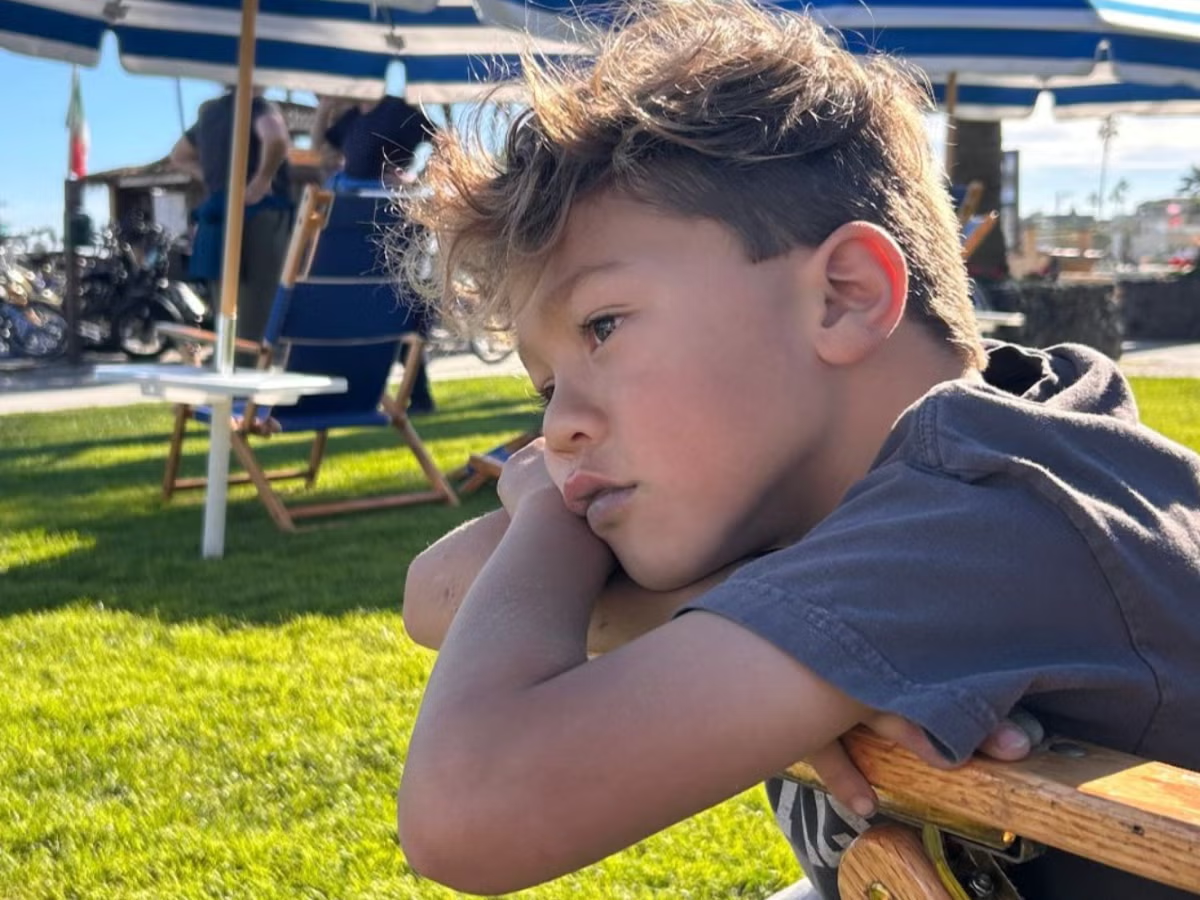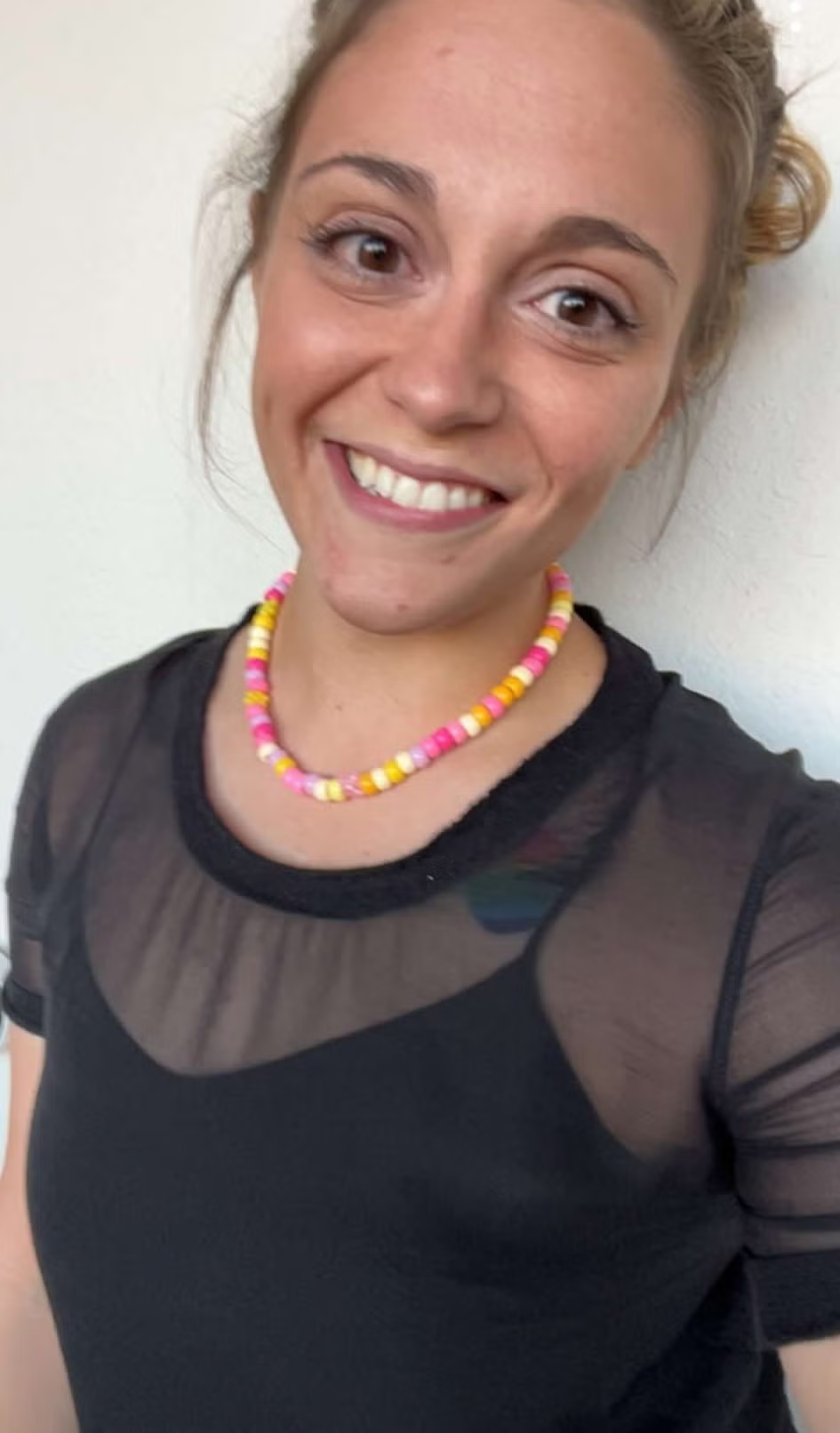It’s the kind of story that hits you right in the gut—a young mom trying to break free from a troubled relationship, only to meet a heartbreaking end. Nerida Martel, 37, was found floating in a quiet canal in southwest Miami-Dade, her life cut short by a single gunshot to the head. What started as a missing person report filed by her boyfriend, Saul Garcia-Gonzalez, quickly unraveled into a murder investigation, leading to his arrest on second-degree murder charges. As details emerge, it’s clear this wasn’t just a disappearance; it was a desperate bid for safety that ended in violence.
Back on October 6, Martel vanished from her home in the Richmond West area. Garcia-Gonzalez, 40, told police he’d last seen her that morning before dropping off their 2-year-old daughter at daycare. But as investigators dug deeper, his story didn’t hold up. He’d also chatted with a family friend, claiming he’d dropped Martel at a bus stop for work, even though she never showed up. And in a bizarre twist, he floated the idea that maybe immigration authorities had picked her up—something that raised more red flags than it cleared.


Friends and witnesses painted a picture of a woman on the edge. The day before she went missing, Martel reached out to a buddy, asking for a place to crash. She’d been opening up about the verbal abuse she was enduring from Garcia-Gonzalez, confiding that things had gotten bad enough she wanted out. Authorities now believe she was gearing up to end the relationship for good, taking steps to protect herself and her little girl. It’s heartbreaking to think how close she might have been to starting over.
Fast forward to October 11, and a grim discovery in a canal near Southwest 168th Street and 205th Avenue. Around 3:40 p.m., passersby spotted Martel’s body in the water, just a few days after Garcia-Gonzalez had reported her missing. The Miami-Dade Sheriff’s Office jumped on it, pulling in homicide detectives who started piecing together the timeline. What they found pointed straight back to the man who’d sounded the alarm.
Cell phone records were the first big break—they showed Garcia-Gonzalez’s phone pinging near that very canal, coming and going around the time of her death. Then came the surveillance video: his vehicle captured on camera lurking in the area, no mistaking it. It was like the evidence was stacking up brick by brick, turning suspicion into something solid. Detectives didn’t let inconsistencies slide; they grilled him on every shifting detail, from home sightings to bus stop drop-offs.
The medical examiner’s report sealed the deal on November 25. Martel hadn’t drowned or met some accidental fate—she’d been shot once in the head, her death ruled a homicide without question. It was a cold, calculated act, and the sheriff’s office wasted no time. By November 26, Garcia-Gonzalez was in cuffs, the pieces of the puzzle fitting too neatly to ignore. “Through investigative means,” the office stated flatly, “our homicide bureau determined the victim had been murdered by the subject.”
As this case unfolds in court, it’s a stark reminder of the shadows that can lurk in everyday relationships. Martel’s story isn’t just about loss; it’s about the courage it takes to seek help and the failures when that help doesn’t come soon enough. Her 2-year-old daughter, caught in the crossfire of adult turmoil, now faces a future without her mom. Garcia-Gonzalez sits behind bars, facing the weight of second-degree murder, but for those who knew Martel, no verdict will bring back the woman who was fighting for a better life. It’s a tale that lingers, urging us all to listen a little closer to the quiet cries for change.



